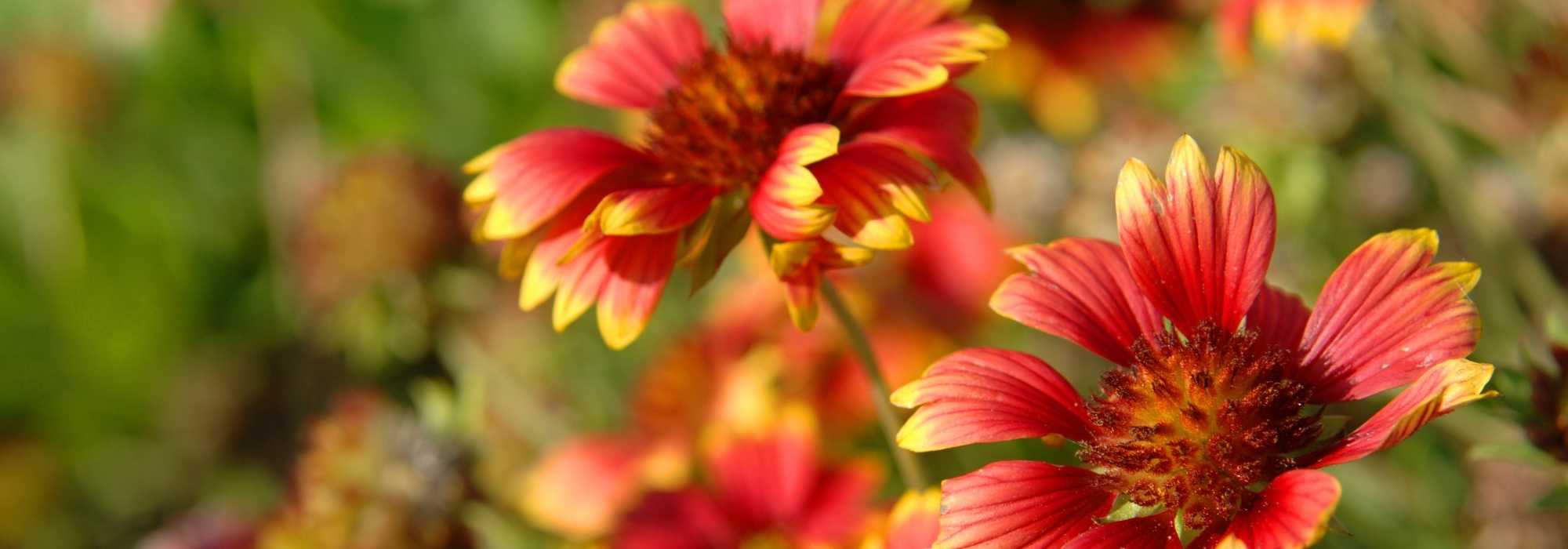
Growing gaillardia in pots
Our tips for a successful cultivation
Contents
Gaillardia is a beautiful perennial plant that rewards us all summer long until the first frosts with sunny flowers resembling those of its cousin, the daisy. There are over 30 varieties and cultivars distinguished by their size, their corollas in warm and vibrant colours—brown, russet, burgundy, orange, or golden yellow—and their hardiness. Some varieties, with their regular and compact habit, are must-haves for pot or container gardening.
Discover everything you need to know to successfully grow gaillardia in pots, and thus enjoy its long flowering with a cheerful charm on your terrace or balcony!
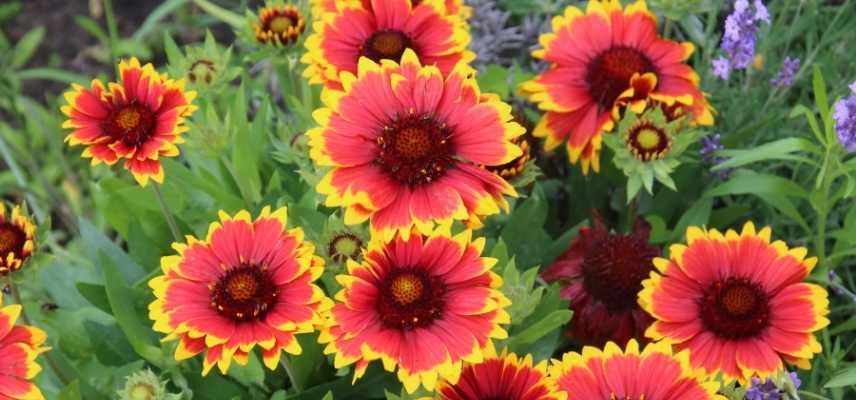
Which varieties to choose?
In open ground, some large gaillardias can form beautiful clumps reaching up to 80 cm in height. For pot cultivation, you should choose varieties with a more compact growth, which does not affect their exceptional flowering. Hybrids are sometimes more compact. Among them, you will find:
- Gaillardia x grandiflora ‘Lutin’, a particularly compact gaillardia not exceeding 30 to 40 cm in all directions.
- Gaillardia ‘Kobold’ (Goblin) or Gaillardia (x) grandiflora which does not exceed 35 cm in height, is suitable for pot cultivation.
- Gaillardia grandiflora ‘Fanfare’ is another sturdy and compact gaillardia, 30-40 cm in height.
- Gaillardia x aristata ‘Mesa Bright Bicolor’ reaches 45 cm in height when in flower.
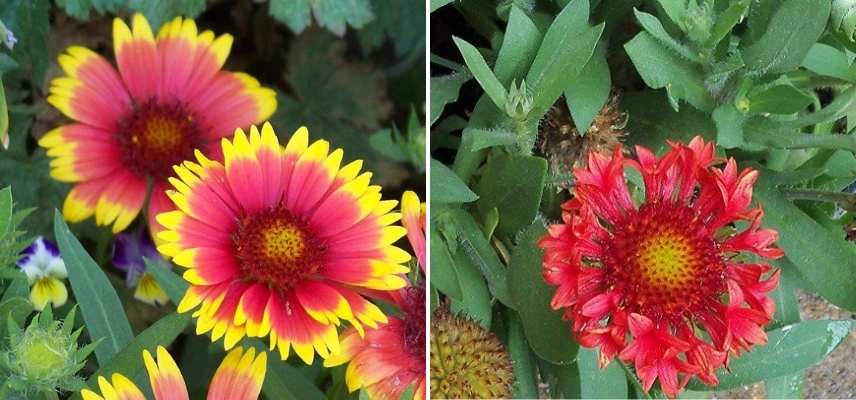
Gaillardia x grandiflora ‘Lutin’ and Gaillardia grandiflora ‘Fanfare’
In which pot should you plant the gaillardia?
Gaillardia should be grown in a large pot with a minimum diameter of 30 cm, or in a tall planter. A depth of about thirty centimetres will suffice. If you wish to plant it alongside other plants, the container must be large enough to accommodate them all. It should be well-drained at the bottom to allow excess water to escape. We recommend prioritising terracotta pots, which are more breathable, although plastic containers are also suitable.
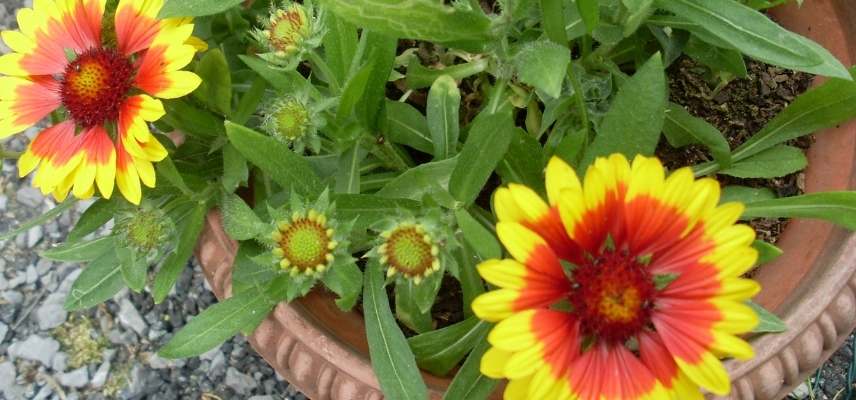
A terracotta pot is ideal for your Gaillardia
Discover other Gaillardia - Blanket Flower
View all →Available in 0 sizes
Available in 1 sizes
Available in 3 sizes
Available in 1 sizes
Available in 2 sizes
Available in 1 sizes
Available in 1 sizes
Available in 1 sizes
Available in 1 sizes
Available in 1 sizes
When and how to plant gaillardia in pots?
When to plant?
Planting a gaillardia in a pot can be done either in spring (March-April) or in autumn (September to November), after heavy frosts and intense heat.
The substrate
Gaillardia dislikes waterlogged substrates; it requires a well-draining, light, even gravelly mixture. Provide it with a mix of potting soil for pots and planters (of the “special flowering plants” type) lightened with river sand or gravel. Also, ensure a good layer of gravel, broken pot shards, pouzzolane, or clay balls at the bottom of the pot to facilitate drainage.
Planting
Count 2 to 4 pots of gaillardia for larger containers.
- Place a good layer of clay balls at the bottom of the pot
- Partially fill the container with the substrate
- Position the root ball in the centre of the container
- Fill in with the remaining mix
- Lightly compact and water moderately
Exposure
Gaillardia requires full sun to bloom well. Position your potted gaillardia in a very sunny spot, sheltered from drafts.
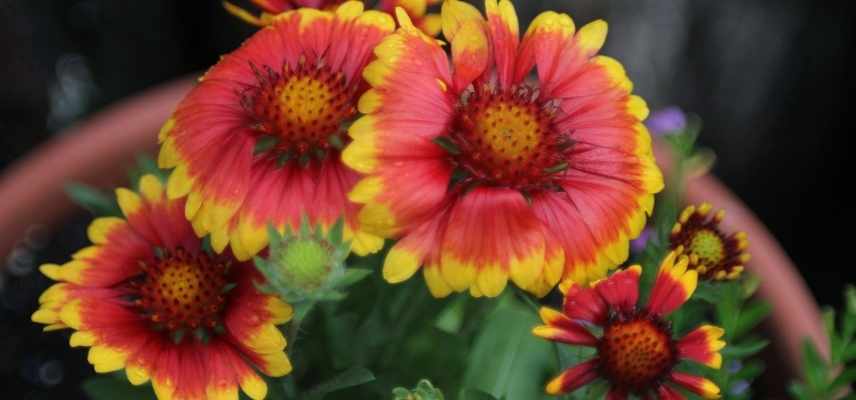
Gaillardia pulchella
How to care for gaillardia in pots?
Very easy to grow, the Gaillardia requires little maintenance as it is not very demanding.
Watering
In pots, the substrate tends to dry out more quickly than in open ground. It should be watered more regularly during hot weather or prolonged drought, especially if it does not rain. In summer, even a little rain will encourage flowering. Water regularly as soon as the substrate is dry, allowing the soil to dry out between waterings. Always water moderately without flooding the soil to avoid root rot, and avoid wetting the foliage to limit the appearance of diseases such as powdery mildew. Do not let water stagnate in the saucers.
After flowering, space out the waterings unless there is a particularly dry winter period. In this case, water sparingly, never allowing the substrate to become waterlogged, as this can lead to root rot: the Gaillardia rots in soil that is constantly saturated with water.
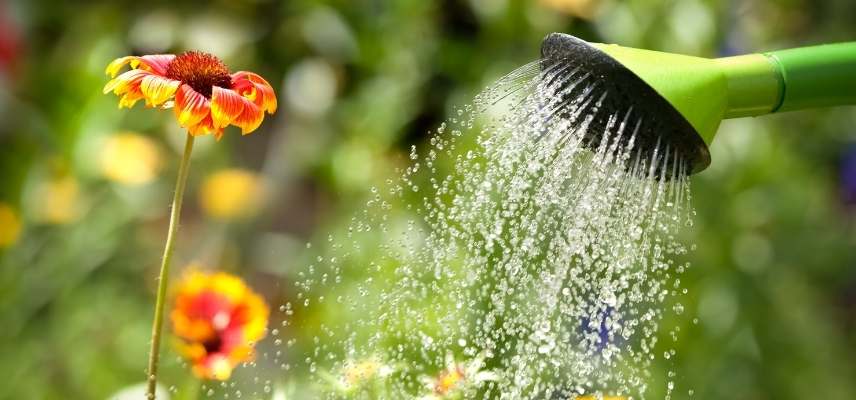
Fertiliser
In pots, a fertile substrate will allow it to flower continuously from late spring to early autumn. Fertilise every two weeks during the growing season, with liquid fertiliser for containers or specially formulated to stimulate flowering.
Pruning
Regularly remove faded flowers to encourage new blooms. After flowering, pruning involves cutting back the clump in early October to 10 cm above the ground, using shears or a pruning shear, which will help it survive winter and strengthen its resilience.
Repotting
Repot your Gaillardia every 2-3 years in a larger pot when it starts to show signs of exhaustion.
Wintering
Native to the vast dry and sunny prairies of North and South America, the perennial Gaillardia is perfectly hardy down to -15/-20°C. It is therefore capable of withstanding the cold and can spend the winter outdoors.
Possible diseases and pests
The Gaillardia is a robust plant, generally not prone to disease. At the end of the season, it may sometimes be susceptible to powdery mildew, visible as white mould on the foliage. To prevent it, water at the base of the plant without wetting the leaves, and spray with horsetail decoctions, nettle manure, or Bordeaux mixture.
Slugs may enjoy the young foliage as it reappears in spring. To keep them away, discover our tips: Slugs: 7 ways to fight effectively and naturally.
For further reading
Fall for our incredible collection of gaillardias, some of which are exclusive!
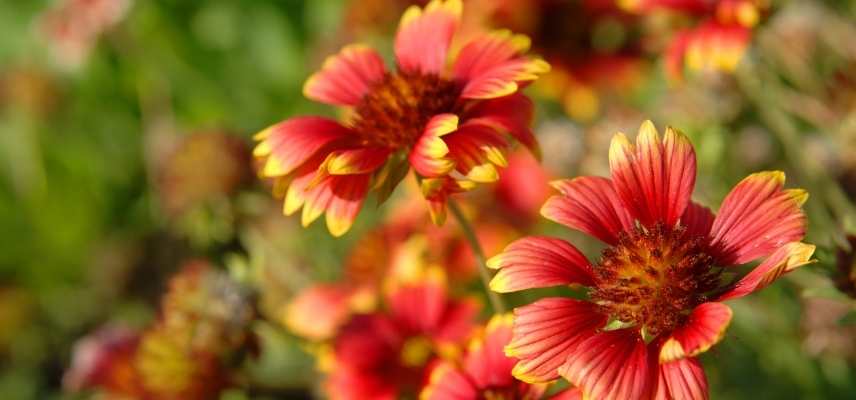
- Subscribe!
- Contents
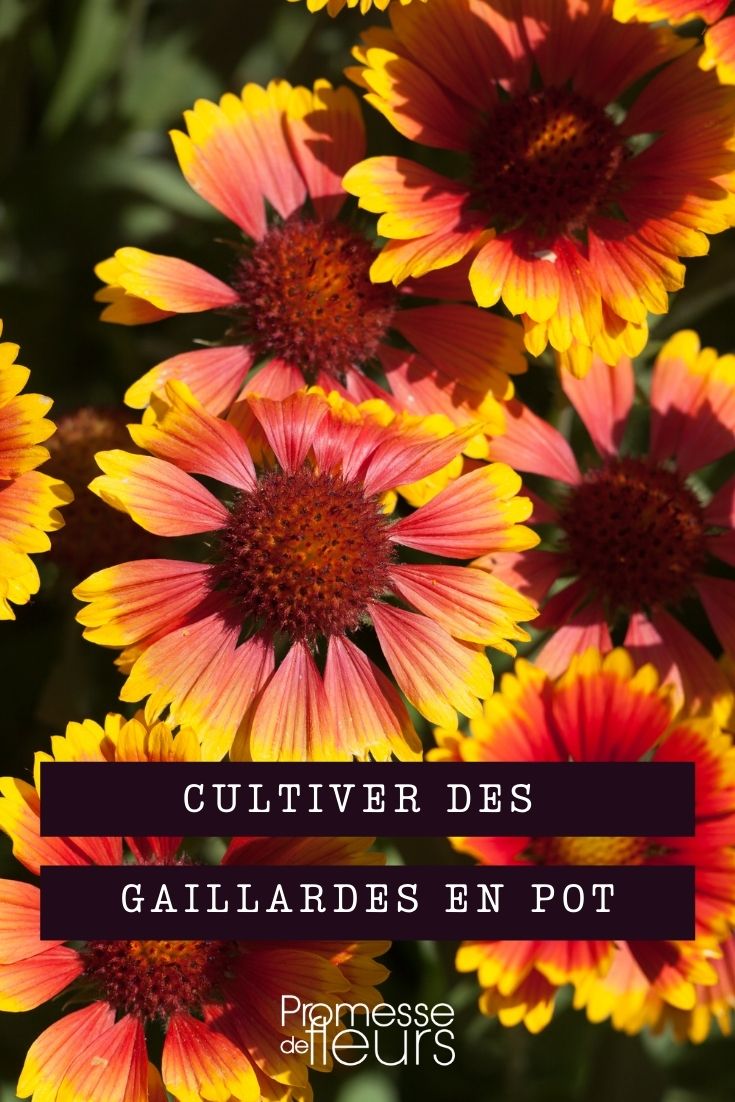






























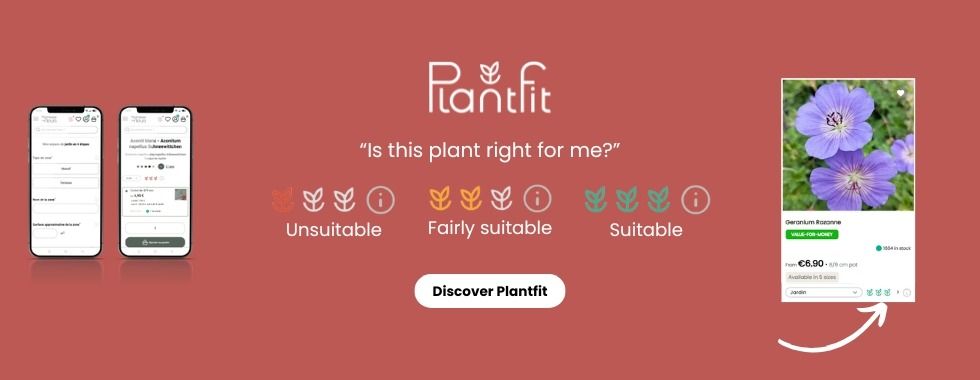
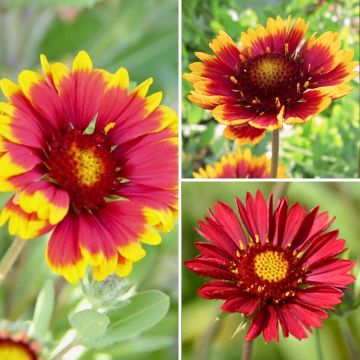
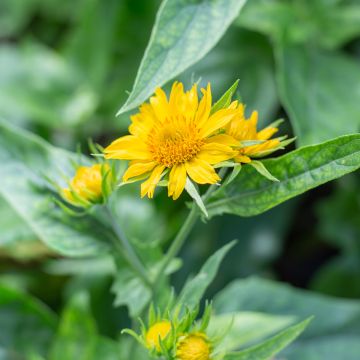
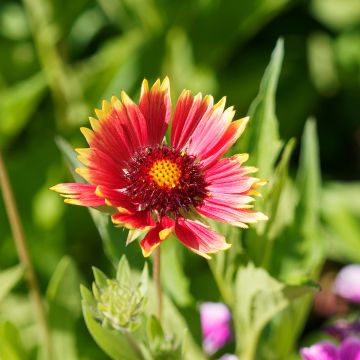
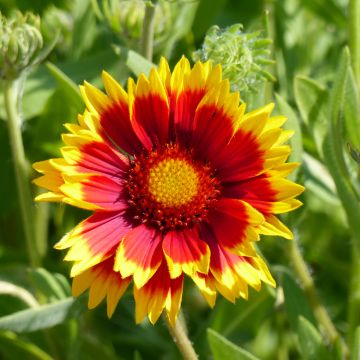
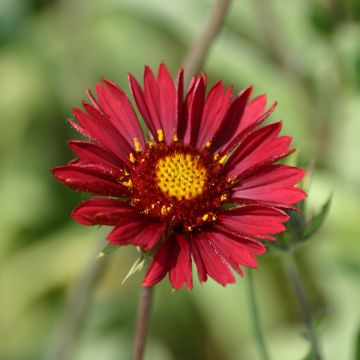
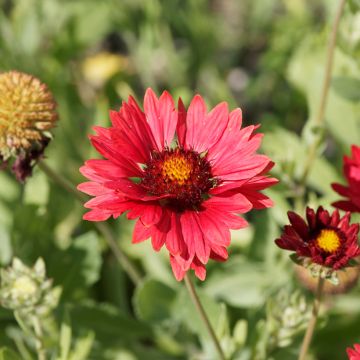
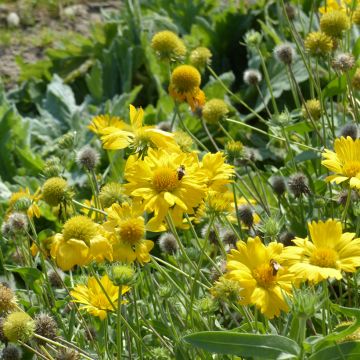
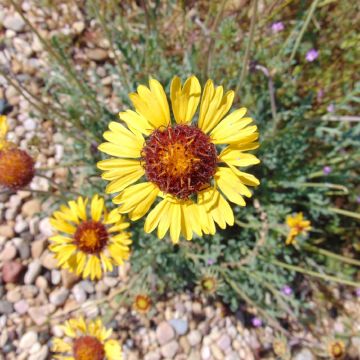
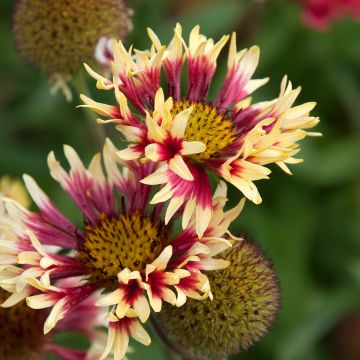
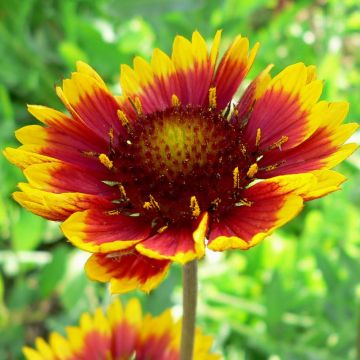
Comments